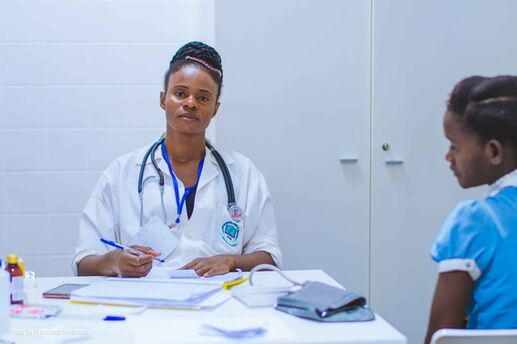What You Might Not Know About Your School Nurse

In preparation for your child’s first day of school, you’ve probably taken the classroom tour and chatted with the teachers. But have you met the school nurse yet? In my experience, many moms don’t fully understand my role and responsibilities.
Since it’s the school nurse’s responsibility to care for your child’s well-being throughout the year, it’s a smart move to introduce yourself and share some info about your child. Learning about his or her health history -- along with other important information -- can help us do a better job.
Here, surprising tidbits about my job -- along with tips to help your school nurse better care for your child:
1. We have varying credentials. Learn what the nurse at your school can do, since our roles can vary, depending on the school district. As a nurse practitioner (N.P.), I perform physicals and prescribe medications. But that’s out of the scope of practice for registered nurses (R.N.) and licensed practical nurses (L.P.N), who focus on health education, preventive care and first aid.
2. We do our jobs better with a full health history. Your school will ask you to fill out a health form before the first day of school, and it’s important to include as much detail as possible. Knowing your child’s complete medical background can help me best treat him or her -- especially in an unplanned emergency situation. Be sure to include your kid’s immunization records and existing conditions, such as asthma, diabetes, food/medicine allergies and chronic headaches.
3. You can provide us with all of your child’s medications. In my school district (and many others), kids aren’t allowed to bring medicine to school, so my office is responsible for administering them. It’s also a smart idea to give your nurse an extra dose of medications, like rescue inhalers and epinephrine shots, in case there’s an emergency during the school day.
4. You can consult us for any health issue. Many parents think school nurses only treat cuts, fevers and stomachaches. And while we do provide first-aid care, we’re also available to advise your family on a wide range of health issues. If your child has a nut allergy, for instance, we can work with the cafeteria to make sure he stays safe. Or if your child has been acting out in the classroom recently, we’re usually able to refer her to a child psychologist. We’re here to make sure that your child is healthy and happy; don’t hesitate to reach out about any health issue!
Photo by Francisco Venâncio on Unsplash
Like this article? Get more by following us on Facebook at Beauty & Confidence.

